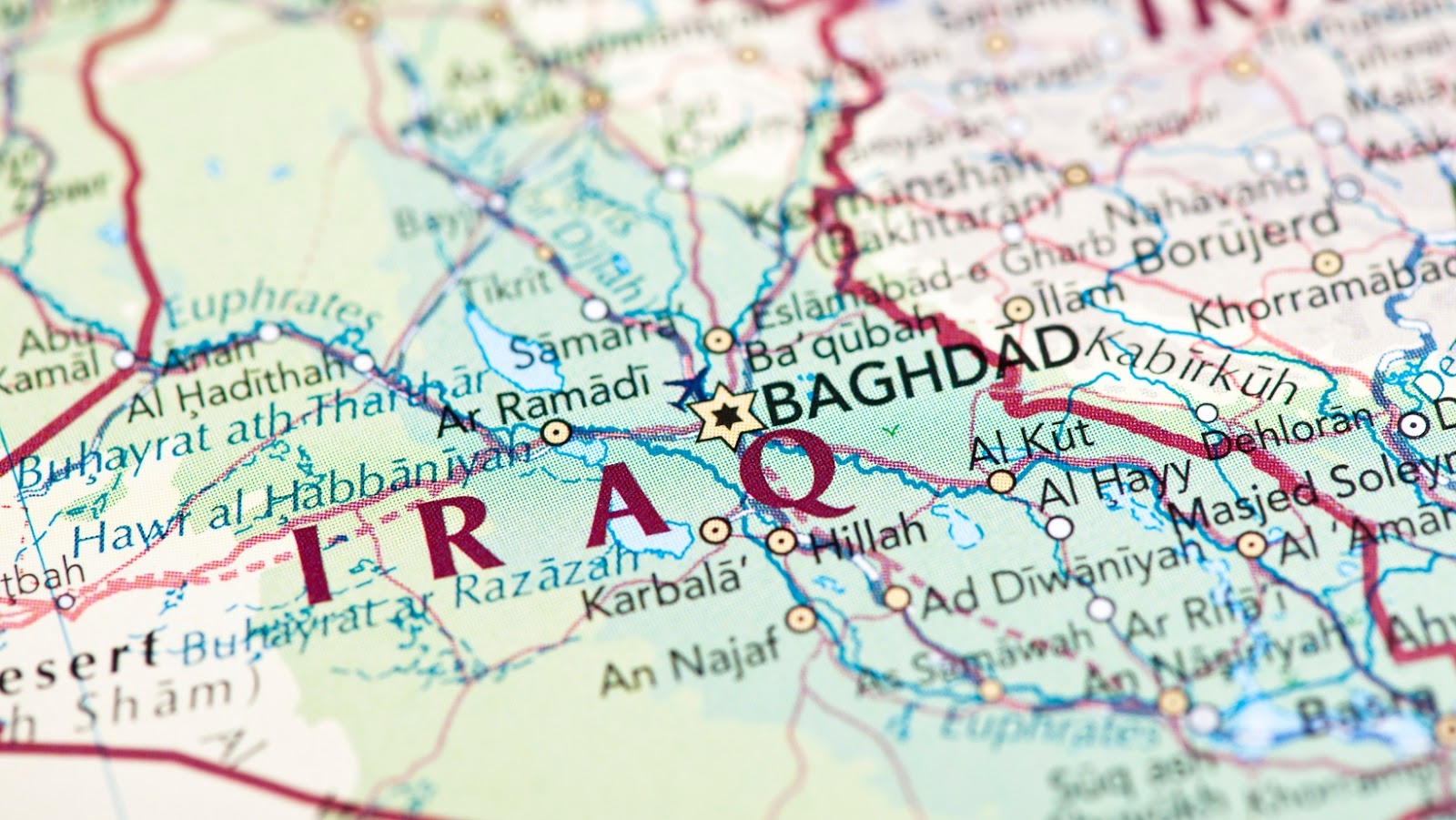
As the costs for the war in Iraq continued to rise, it became increasingly clear that the financial implications were not to be taken lightly. In this article, I’ll delve into the factors that contributed to the escalating expenses of the war and explore the impact it had on various aspects of the economy. From the initial estimates to the unforeseen consequences, we’ll uncover the true magnitude of the financial burden placed on the nation. Join me as we navigate through the complexities of this issue and shed light on the far-reaching effects of the rising costs of the war in Iraq.
As the Costs For the War in Iraq Increased,
The Initial Budget for the War
When the war in Iraq began, there was an initial budget set for the military operations. However, as the costs for the war in Iraq increased, it quickly became apparent that the initial estimates were far from accurate. The budget that was initially set aside for the war proved to be insufficient to meet the demands of the conflict.
Escalating Expenses
One of the main factors contributing to the rising costs of the war in Iraq was the duration of the conflict. As the war prolonged, so did the expenses. The longer the conflict lasted, the more resources were required to support the troops and maintain military operations.
Additionally, the unforeseen consequences of the war added to the financial burden. The need for increased security measures, the cost of rebuilding infrastructure, and the long-term care for injured soldiers were expenses that were not initially anticipated but had to be accounted for as the war continued.
The domestic and global economic impact of these escalating expenses cannot be underestimated. The burden placed on the nation’s economy was significant, as funds that could have been allocated to other pressing issues were diverted towards the war effort. This not only affected the domestic economy but also had repercussions on the global stage, as trade and markets were impacted by the financial strain.
As the costs for the war in Iraq increased, it became clear that the long-term consequences of the rising expenses had far-reaching effects. The financial burden placed on the nation and the impact on the economy were undeniable. The escalating expenses posed significant challenges that needed to be addressed, further highlighting the complexity and gravity of the situation.

Impact on the US Economy
As the costs for the war in Iraq increased, it had a significant impact on the US economy. Let’s explore two key factors that contributed to this impact:
Increased Government Spending
With the prolonged duration of the conflict, the United States witnessed a substantial increase in government spending. The costs associated with maintaining military operations, providing equipment and supplies to troops, and supporting infrastructure development in Iraq mounted over time. This led to a significant drain on the nation’s financial resources.
Rising National Debt
As a result of increased government spending on the war, the national debt of the United States also surged. The government had to borrow funds to cover the mounting expenses, resulting in a hefty accumulation of debt. This rise in the national debt posed long-term economic challenges for the country, impacting various aspects of the economy.
In the years following the Iraq War, the United States faced the following consequences:
- Increased interest payments on the national debt, putting additional strain on government finances.
- Reduced government investment in infrastructure, education, and other critical sectors due to limited funds.
- Increased uncertainty in financial markets, affecting investor confidence and economic stability.
- Potential inflationary pressures due to excessive government borrowing.
The rising national debt had far-reaching effects on the US economy, as it constrained the government’s ability to address other pressing issues and invest in future growth.
The impact of the rising costs of the war in Iraq on the US economy cannot be understated. The increased government spending and rising national debt have had long-lasting effects on various sectors, from government finances to investor confidence. It is crucial for policymakers to address these challenges and find sustainable solutions to strengthen the economy and mitigate the consequences of the war’s financial burden.






